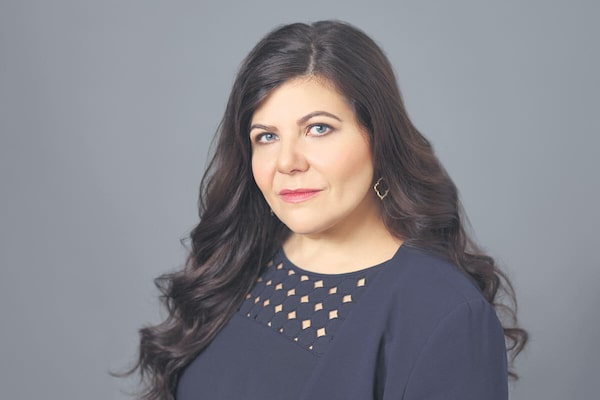
Caroline Riseboro, chair of the Greater Toronto chapter of the AFP
At a time when women are increasingly making their voices heard in society at large, the Greater Toronto chapter of the Association of Fundraising Professionals (AFP) – the largest chapter in the worldwide organization – has launched a study to investigate the barriers women experience in the non-profit and charitable sector.
This research is in addition to the recently launched Women’s Impact Initiative (WII), a project of AFP. WII will address and highlight the specific issues and challenges that women in the fundraising profession face.
Caroline Riseboro, chair of the Greater Toronto chapter of the AFP, says the issues related to equity in the philanthropy sector are twofold: the disparities women experience working in the sector; and the increasingly important role of women donors.
Ms. Riseboro says industry estimates are that women fill approximately 75 per cent of the positions in the fundraising sector. However, men occupy the upper echelon of leadership positions. This disproportion also has an impact on the changing donor base: as women become more influential, they want to see equity in the organizations they are supporting.
While some reports estimate about 800,000 women in Canada could give to charities at significant levels, transformational philanthropy is still often focused on men, says Ms. Riseboro, also CEO of Plan International Canada.
“As an example, if one looks at buildings around Toronto, Vancouver or Montreal, a lot of them are named after men – you might have a man and his spouse,” she says.

Jennifer Bernard, recently named one of the 25 Most Influential Women for 2018.
So unusual was the recent naming of Concordia University’s engineering faculty for Gina Cody, a prominent woman business leader, immigrant and alumna who donated $15-million to the Montreal university, that it grabbed many headlines and was featured in TV news programming across the country.
“We all wish for the day that it wasn’t news because it was a woman and an immigrant,” says Jennifer Bernard, president and CEO of Women’s College Hospital Foundation and recently named as one of the Top 25 Most Influential Women for 2018.
She expects to see more women make transformational gifts.
“As women catch up on pay equity and earn the same salaries as men, they are commanding the entrepreneurial space where they can make those decisions because they have acquired the wealth to do so,” she adds.
Women and men give differently too, says Ms. Riseboro.
“Men often support education and health care, but we find that women’s giving tends to be more socially conscious in the sense that they give to some of the most vulnerable in society. They may give more to international development, the social services sector or poverty alleviation,” she says.
To break down the barriers, Ms. Bernard says women in senior positions need to be visible and vocal.
“First we have to name it before we can actually do something about it. We have to talk about it and make sure that it’s not one of those quiet, hidden secrets,” she says.
Produced by Randall Anthony Communications. The Globe’s editorial department was not involved in its creation.